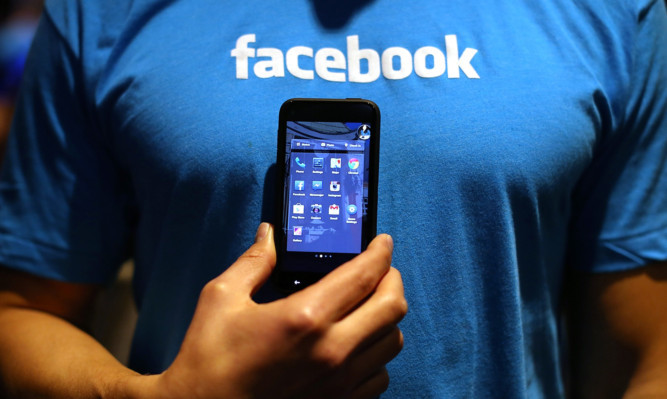Facebook could charge British users up to £10 to contact celebrities.
The social networking website has launched a trial under which people must pay to send messages to those outside their circle of friends.
Fees are likely to vary according to a number of criteria including the popularity of the recipient on Facebook.
The system, which has already been implemented in America, is designed to counter spam attacks on the site.
Prices in the US range from between $1 (65p) and $15 (£9.80) a message.
Facebook is trialling various prices in the UK. Costs are likely to be based on the number of followers a recipient may have and the country they live in.
It would become more expensive to contact those with the most followers such as celebrities and public figures or members who have already received a paid-for message.
The site has previously allowed users to send messages to strangers for free.
A statement on the Facebook home page promises: “It’s free and always will be”.
A spokesman for the website said: “The system of paying to message non-friends in their Facebook inbox is designed to prevent spam, while acknowledging that sometimes you might want to hear from people outside your immediate social circle.
“We are testing a number of price points in the UK and other countries to establish the optimal fee that signals importance.
“Part of that test involves charging higher amounts for public figures, based on the number of followers they have.”
